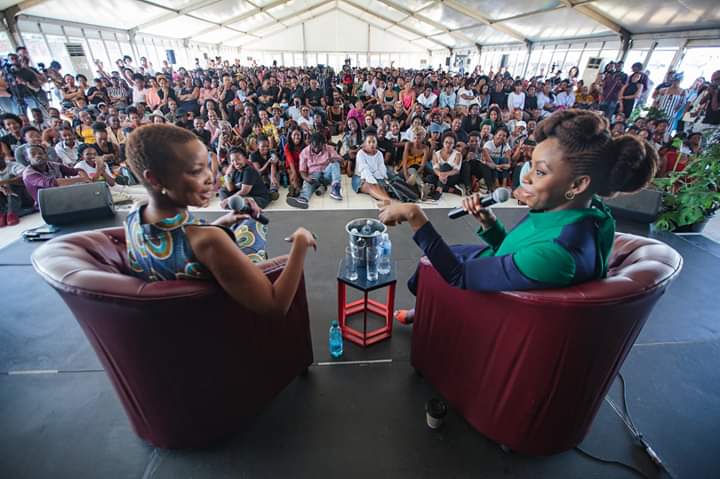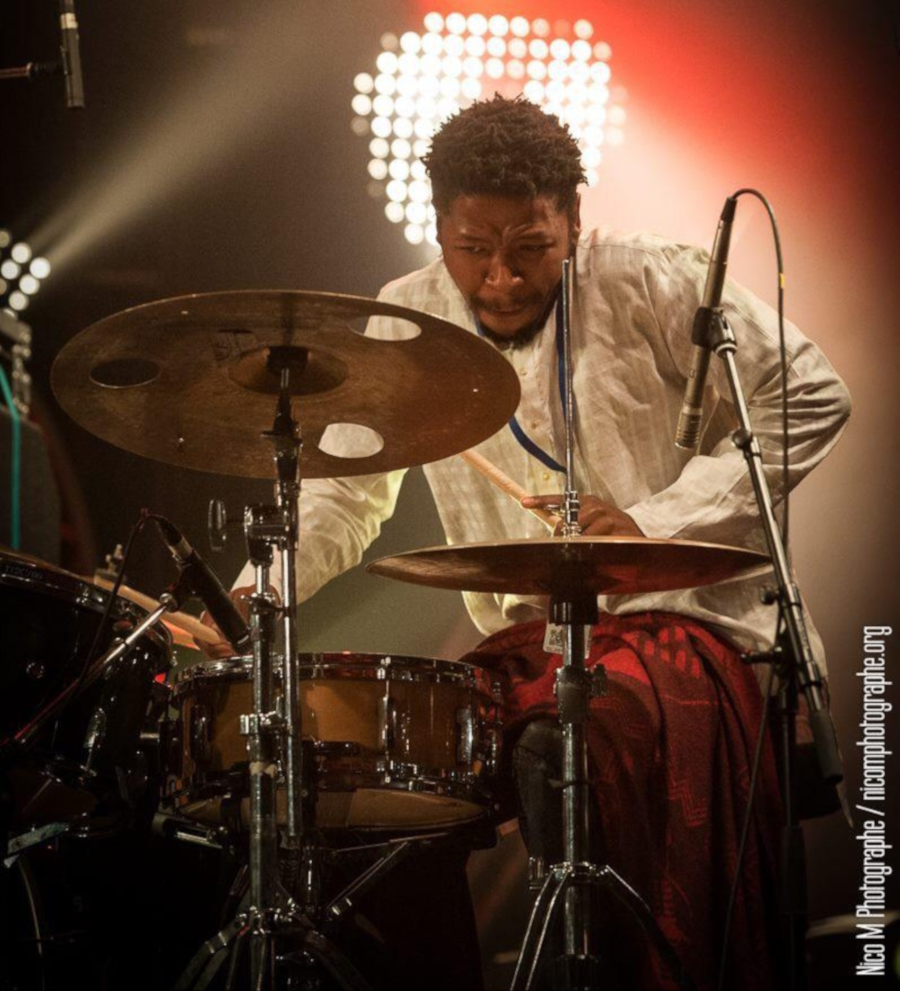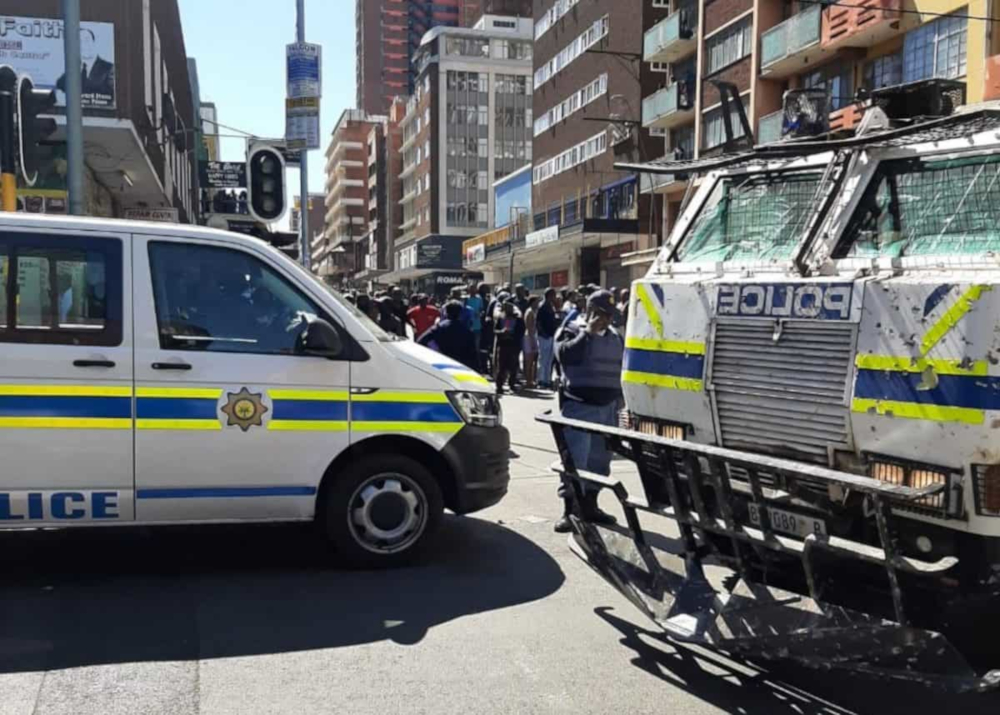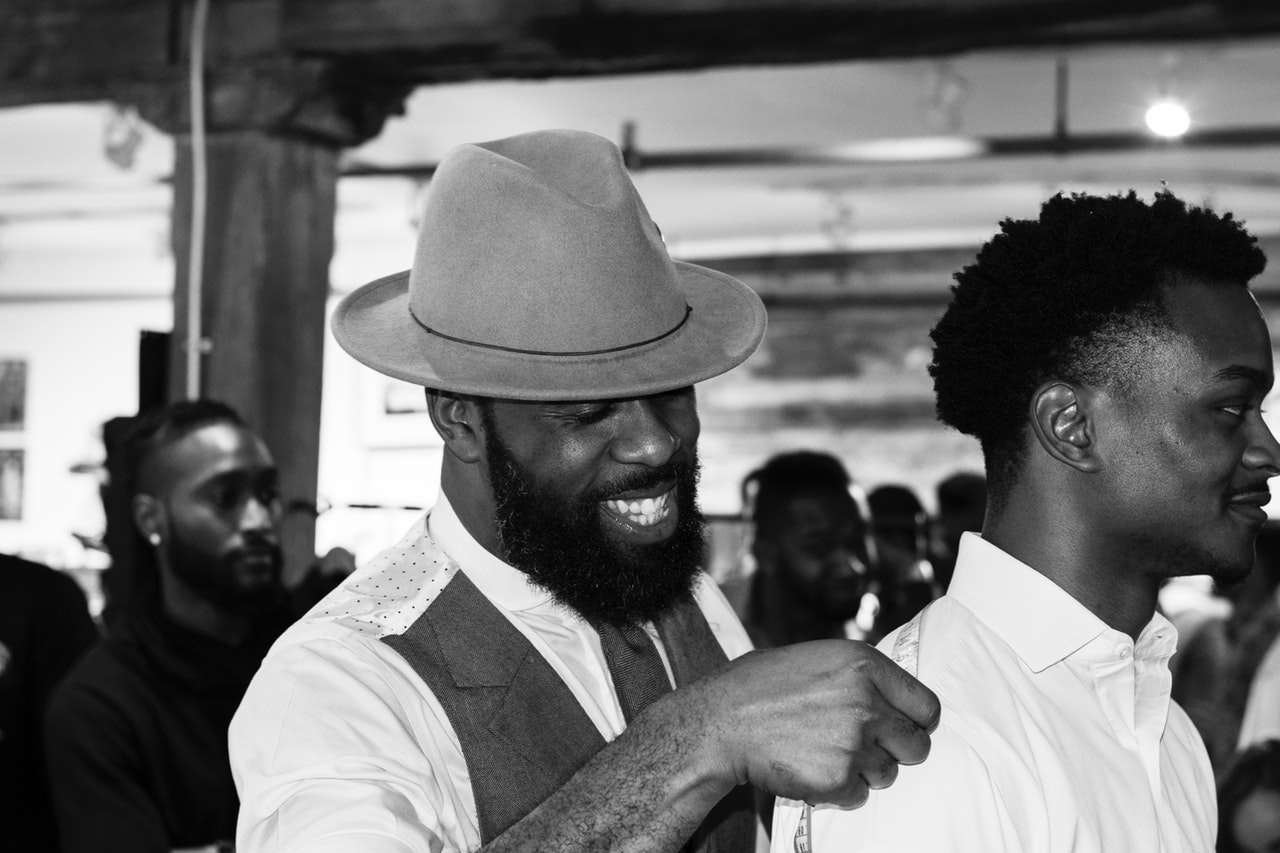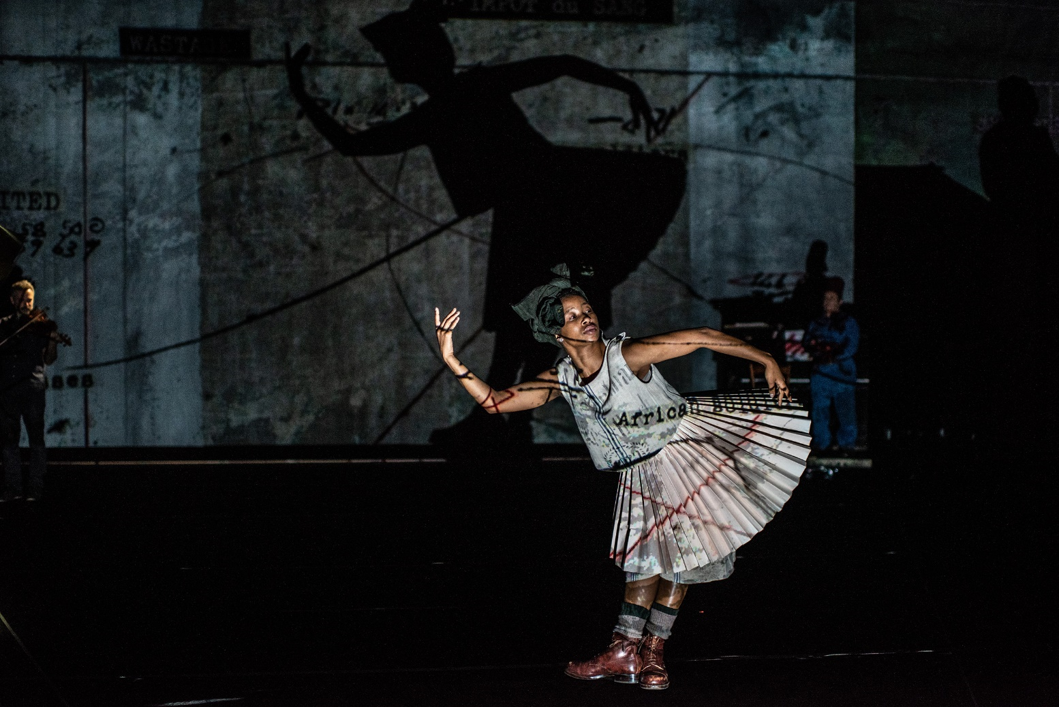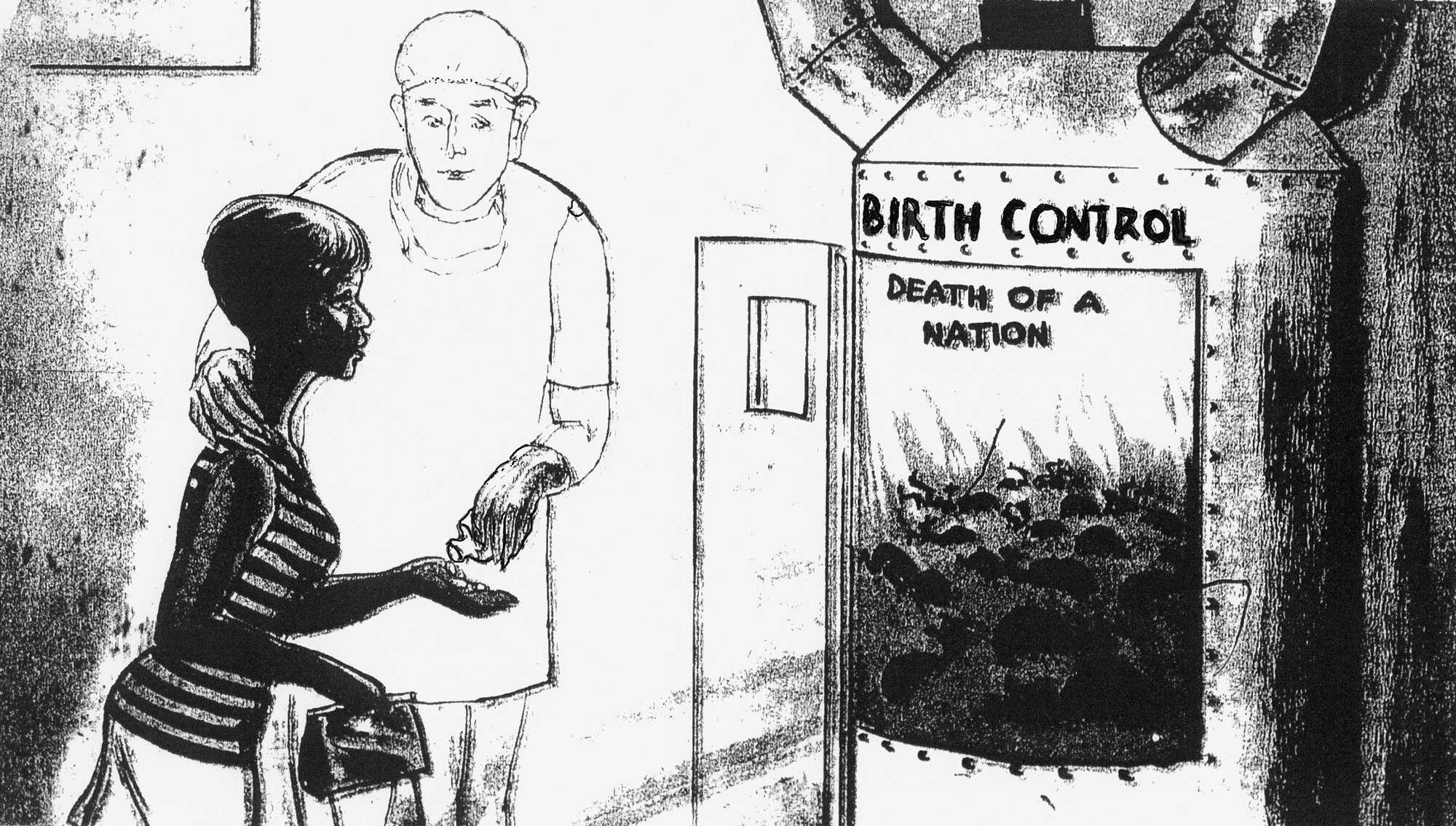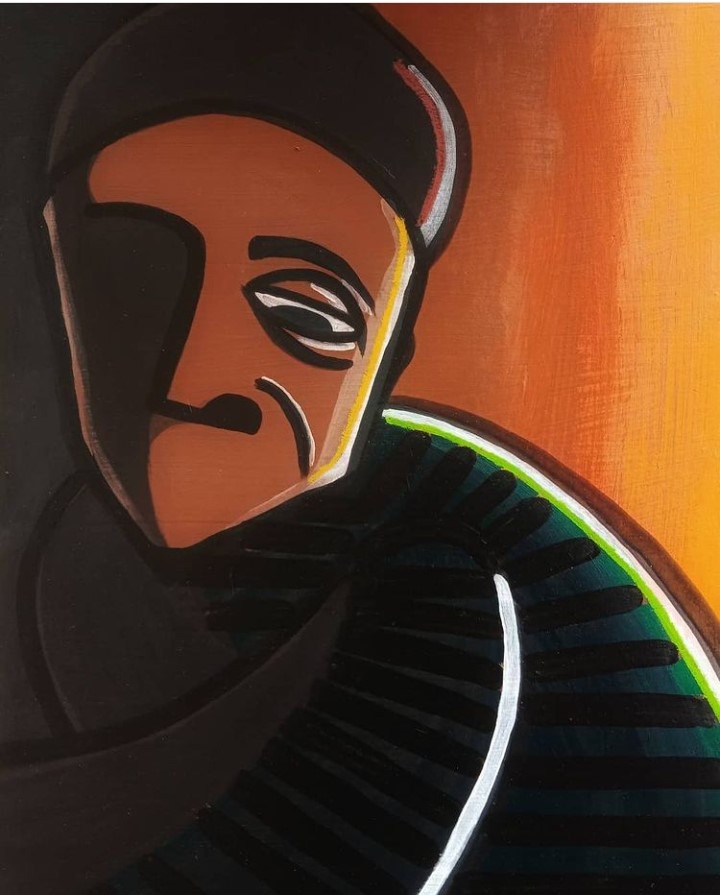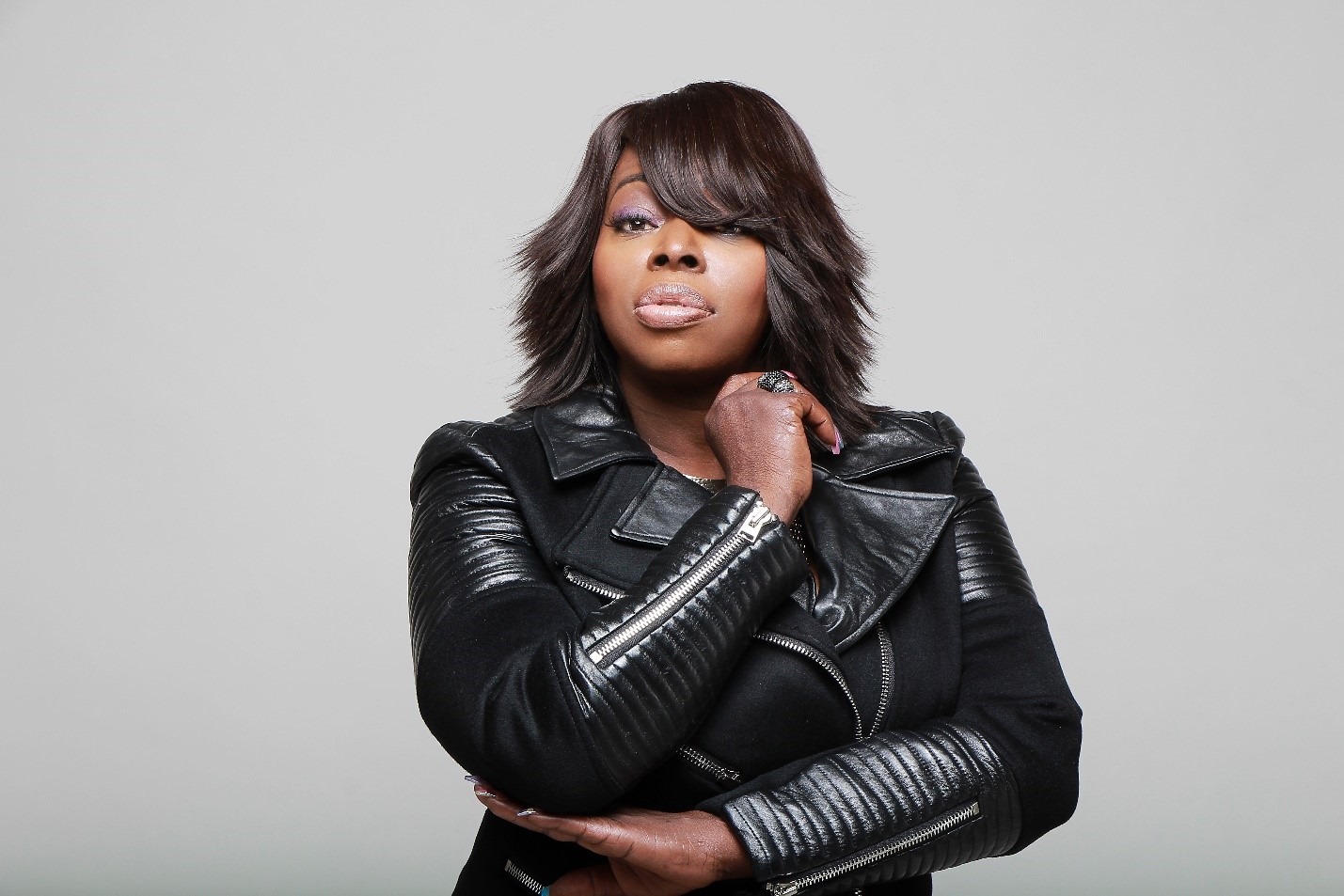It has been called the Moria for woke blacks and Umgidi weencwadi. Sometimes known as an ode to Yizo-Yizo: Abantu: The Return Baba! Or simply an annual weekend to dream ourselves into existence. But alas, a mere three years into the weekend of our dreams, white tears came in like storm surge flooding in an attempt to dampen the glow still radiant on our faces. Mishka Wazar, in particular, wrote a piece in the Daily Vox, denouncing our collective decision to be left alone, nje kancinci, and pushed the idea that this is about politics and not skin colour.
To be fair to her, she acknowledged that white skin endows its people with power in the world, but that deep down, their commitment is to listening and supporting black or African literature. White people are into radical politics too, she whines. They may in fact be just like, if not better than the black capitalists in attendance, she says, while all the time relying on a comparison that is naiveté at best and anti-blackness at worst. Look, I can’t go here into the structure of racial capital that runs the world today and how this comparison is making my eyes roll at 2000 kms per sentence. Neither am I going to attempt a defense for Abantu’s decision to keep it here. By here I most certainly mean black! I do want to talk about the real trouble in South Africa when black people decide to congregate, for whatever purpose, as black. I am thinking about everyday places where black people live, socialise and work. In South Africa, nobody gives a hoot about a designated congregation of black people. The drama starts when it is black people who make this decision. How else do we make sense of Orania?
To be clear, these ideas are not novel, we’ve been having it. You must remember the Forum for Black Journalists. Blackwash? This stance against ‘white participation’ is not merely a populist creation of the EFF and BLF. It is the work of black radical movements since and before the 1994 ‘emancipation’. Surely you remember that time when we had no evident choice but to organise our living ourselves. Not to be spicy, but at the 1969 AGM of the most radical elements in the white South African society, Nusas could not imagine contesting the Apartheid curfew in Grahamstown. A whole 'no blacks outside’ law they could not rise to the challenge for and that sparked the birth of the blacks only SASO.
Here we must take Bantu Biko seriously when he talks about the complexes developed and entrenched within and among black and white people under a system of white supremacy. What this means is that the mere presence of one among the other, shifts the dynamics in a room and in speech. The thing which gives power to the written in Abantu’s case is completely taken over. Again and Again, where black people are concerned, the white gaze, whether we know of or acknowledge it, turns very salient and clear ideas in our minds into ‘Askies, I’m sorry’ in our speech. The relational structure of blackness and whiteness, the coherence given to whiteness by blackness, the ‘I am black because you are white,’ means that white people have the power for speech while black speech is always coerced. If whiteness is the interlocutor, a beneficiary to the internal conflict experienced by subordinated groups in an oppressive society, how much more then when conversing in white presence? In which case black emotive expression is still under question when we think about black literature and writing. How can it not be? How can a festival and movement born out of thinking about decolonizing the literary space in this country not agonise about the possibility of creating spaces for the expressions of its thinkers, writers and readers? How is this a ‘fake wokeness’ when wokeness was built on our back, our politics and lived expression? Which wokeness is true? One that asserts and demands intersectionality with whites and non-blacks even while the organising ideology of the global structure, including global capitalism is white supremacist and particularly anti-black?!? Gerrarrohere mahn!
To assert that Abantu’s stance is a useless political move is a deliberate erasure of our history of more than 500 years. It is demonstrative that the writer has their political and ethical investments elsewhere but in black revolution. A thing which in and of itself maybe because the writer may not think of themselves a part of the black assembly of questions. To insist that we include white people because without them our consciousness is fake and our political orientation stupid, is classic anti-blackness! Moghel is employing and dusting off an age-old strategy to distinguish herself from the image of the backward People Of Colour pack and gain greater proximity to white values and sensibility by appearing still further away from blackness. An ‘irresistible destiny’.
I, for one, don’t buy the line that excluding white people from Abantu means that they lose interest in African literature and now they will flock to the material still produced by white publishing companies. The kind of white people who are into literature written by black people about their experience of the world aren't “down” because they value or think of it as true cultural produce coming from Africans or blacks. Black cultural consumption is their prerogative as whites. They need to see us dance for them, ululate, suffer and even flagellate them for a time. In the same way Nusas didn’t see the SASO plot thicken, they had never even imagined that such a thing as Abantu could happen. Let alone give them FOMO while at their acclaimed dry, stale and lily-white festivals on acres and acres of our blood drenched stolen land. Whites insist on being at Abantu because they are always and already welcome, prepared for and given free reign at everything, particularly those things having anything to do with modern values of writing and thinking. We, the blacks of this country, have always left the engineering and thinking for our society in their hands. I say left, without meaning we had actual power to do otherwise. These white people none-the-less understand that Abantu has no true structural power, no real capacity for rupturing a system which extends their prerogative to holding the power to ‘acknowledge their privilege’ with no desire or attempt to overhaul it. Their tears over being barred are actually the white supremacist monster rearing its ugly head from within even the most woke, generous and pacifist of all of them.
Now onto Chimamanda Ngozi Adichie. Usisters is problematic for days. But we are not going to sort her with white people. We are black twitter and we don’t need help! Were I writing on a blacks only platform, I would make the pots, Dala what I must on uMoghel! Anyone at Abantu this year knows that Dr Bibi Bakare-Yusuf gave us ways to deal with the Chimamandas of this world and aspiring faves. Abantu is definitely where we can clarify each other and find balance without having to use the vehicle of anti-blackness which says we are backward and unthinking.
Where I agree with Mishka is that blacks only spaces are not necessarily revolutionary because this assumption is based on swart-gaffarian paranoia anyway. Thando Mgqolozana never claimed to be making revolution, neither did we as the black people in support. We simply wanted a chance to see, hear and feel each other in peace. When you are black, whatever strata of society you are told you are for, you know very viscerally the violence that is whiteness, including the very coercive and structurally adjusting presence of individual white people, even when they are smiling or “wearing an African doek,” as was overheard at the festival. Abantu is an exploration of a Decolonial project, affirming the desires of black people right through this continent. And if it anyways fails to do so through forms of anti-blackness internal even to black people, that is also fine. We are there also for the vaaarb! The healing, love and solidarity we find cannot be washed away even by the tears of white people and their juniors. After all, if what Mishka is saying is true, and I believe it is, that we have no power to shift the minds of the white people running the country and that our wokeness is fake and not revolutionary, what is the harm? Where is the lie? Do white people feel excluded on their own plantation and on the land of Apartheid? We’ll take that!!! Amand-la!!!

